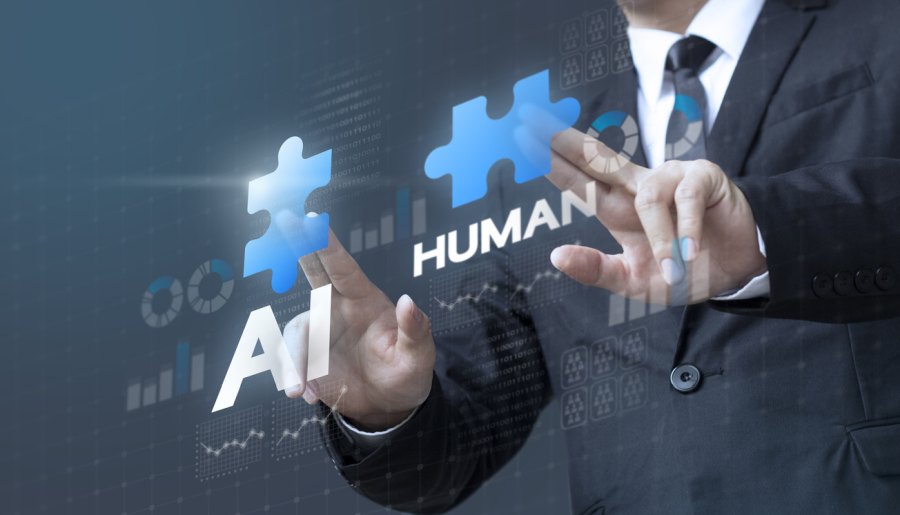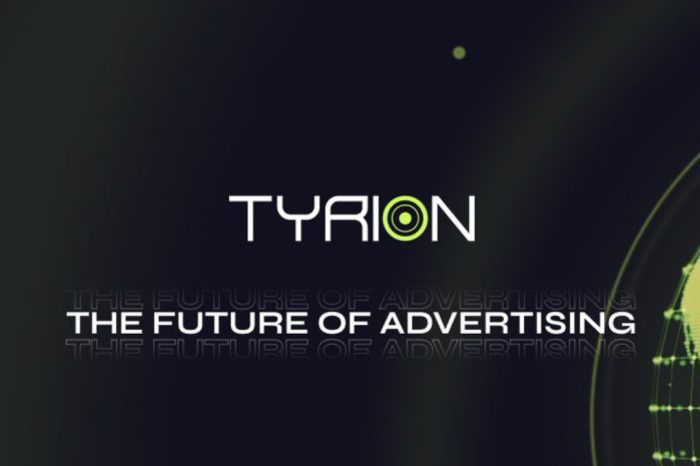AI could usher in a new era of 3.5-day work week for the next generation, JPMorgan CEO Jamie Dimon says

In recent months, there has been a surge in the number of articles about how artificial intelligence (AI) could disrupt traditional employment and take away our jobs, partly fueled by the rise in popularity of ChatGPT. These articles raised concerns about the impact of AI on the employment landscape, and the possibility of AI replacing human jobs.
However, what about if AI could bring about a positive change, making our lives more convenient, and eventually ushering in a new era of shorter-day work weeks? JPMorgan CEO Jamie Dimon thinks so.
In a recent interview with Bloomberg TV, Jamie Dimon, the CEO of JPMorgan Chase, expressed his views on the potential impact of artificial intelligence (AI) on the workweek, foreseeing the possibility of shorter work duration, potentially as brief as 3.5 days.
Dimon highlighted the extensive integration of AI within JPMorgan Chase, with thousands of employees already utilizing AI tools. He emphasized that AI is poised to bring about substantial transformations in our work methodologies. Currently, AI is being harnessed to automate tasks such as customer service, fraud detection, and risk management, liberating employees to channel their energies into more creative and strategic pursuits. During an interview on Bloomberg TV on Monday, Dimon said:
“Your children are going to live to 100 and not have cancer because of technology,” Dimon said during an interview on Bloomberg TV Monday. And literally they’ll probably be working three-and-a-half days a week.”
“Dimon, who has called AI “critical to our company’s future success,” previously shared various ways in which the technology can benefit the Wall Street firm to develop novel products, increase customer engagement, enhance productivity, and more effective risk management. In fact, the Wall Street firm actively sought over 3,500 positions related to AI from February to April, as reported by consultancy Evident. Dimon’s shareholder letter this year dedicated a dedicated section to AI, underscoring its pivotal role within JPMorgan. He lauded the company’s ongoing efforts, with over 300 AI use cases already in operation, deeming them “an absolute necessity,” Bloomberg reported.
According to Dimon, this evolving trend is expected to persist, ultimately leading to a scenario where equivalent output can be achieved within a reduced timeframe. This envisaged outcome would permit a reduction in weekly working hours while preserving our overall quality of life.
Furthermore, Dimon noted that AI is likely to birth novel job categories that may presently be beyond our comprehension. These forthcoming roles are anticipated to be characterized by heightened creativity and complexity, demanding the application of our skills in innovative and unexplored ways.
Overall, Dimon is optimistic concerning the future of work, firmly believing that AI will usher in improvements across multiple facets of our lives. He eagerly anticipates the unfolding of the future’s possibilities, firmly asserting that AI will be a pivotal force in shaping the world to come.
Nevertheless, some see it differently, especially as companies are now exploring the potential of AI tools like ChatGPT to automate tasks, streamline operations, and enhance overall productivity. For example, since its launch approximately a year ago, ChatGPT has garnered praise from experts for its proficiency in handling complex tasks, further raising the concerns of people losing their jobs.
However, instead of viewing AI as a threat, companies would be better off harnessing its capabilities as a means to amplify their productivity. In our recent article titled “8 ways to use ChatGPT to grow your business and boost your productivity,” we detailed eight strategies for leveraging ChatGPT to advance your business in the coming months and beyond.




